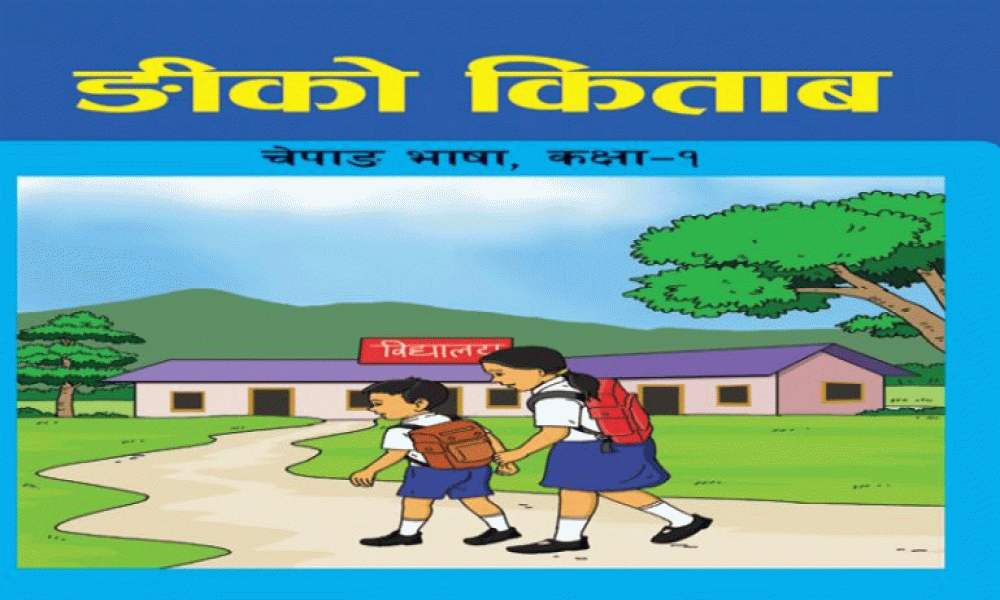Pahalman Chepang
In the late 1970s, the semi-nomadic Chepangs were named as Praja. And the government launched Praja Development Program to uplift the socio-economic condition of one of Nepal's highly marginalized and excluded indigenous communities. But the program failed to bring about significant positive changes to the lives of Chepangs. It failed because it focused on cosmetic reforms rather than real economic empowerment, social transformation and political mainstreaming of Chepangs.
Chyiuri trees, from which oil and ghee are produced, are an integral part of Chepang's economy. We give Chiyuri trees to our daughters when they are married off. When I got married, my father-in-law gave my wife five trees of Chyiuri. We plant and live close by Chiyuri trees. But this tradition is now vanishing. We do not just eat fruits of Chiyuri trees, but we also produce oil and ghee out of them. Most of us live far off towns and markets. So we use Chiyuri oil to fry and cook meat, fish curry and vegetables. This is why Chiyuri trees are important to our livelihood. This is why we give Chiyuri trees as dowry.
We are dependent on water, forest and land. We live on the edge of forest and close to wetlands. Fishes and crabs are our daily staples of food. But we are increasingly losing our livelihood. We are getting increasingly less fishes and crabs. Wetlands are drying up and our livelihood is at risk.
We are dependent on water, forest and land. We live on the edge of forest and close to wetlands. Fishes and crabs are our daily staples of food. But we are increasingly losing our livelihood. We are getting increasingly less fishes and crabs. Wetlands are drying up and our livelihood is at risk.
I hail from Korak village of Chitwan. As part of its land reform program, the government surveyed and mapped land in Chitwan in 2027 BS and 2032 BS. But Chepangs were not aware about what land mapping and surveying meant. They were afraid that they would have to pay land tax if they acquired land ownership certificate. So even now, most of Chepang families legally do not own the land where they have been living for ages. When community forest movement started, Chepangs faced threats to their livelihood. Community forest users are mostly literate people from the privileged communities, and Chepangs are now not allowed to use the forest in which they once lived.
I hail from Korak village of Chitwan. As part of its land reform program, the government surveyed and mapped land in Chitwan in 2027 BS and 2032 BS. But Chepangs were not aware about what land mapping and surveying meant. They were afraid that they would have to pay land tax if they acquired land ownership certificate.
Now we have a new constitution, and we are hopeful that the government will give us land ownership certificates. If the government continues to deprive us of our land rights, we will soon be forced out of our ancient places. The constitution will matter to us only if we are made legally entitled to our lands.
In the recent years, there have been some positive interventions by the government. Schools and hostels have been opened targeting at Chepang children. Text books of grade one have been prepared in our mother tongue, and they are taught a primary school in Korak. But there is still not much awareness. School drop-out rate is high. Child marriages are still a social malady. So the government must come up with more positive interventions to uplift the Chepang community.
(Pahalman Chepang is a former President of Nepal Chepang Association. The article is based on conversation with him.)









